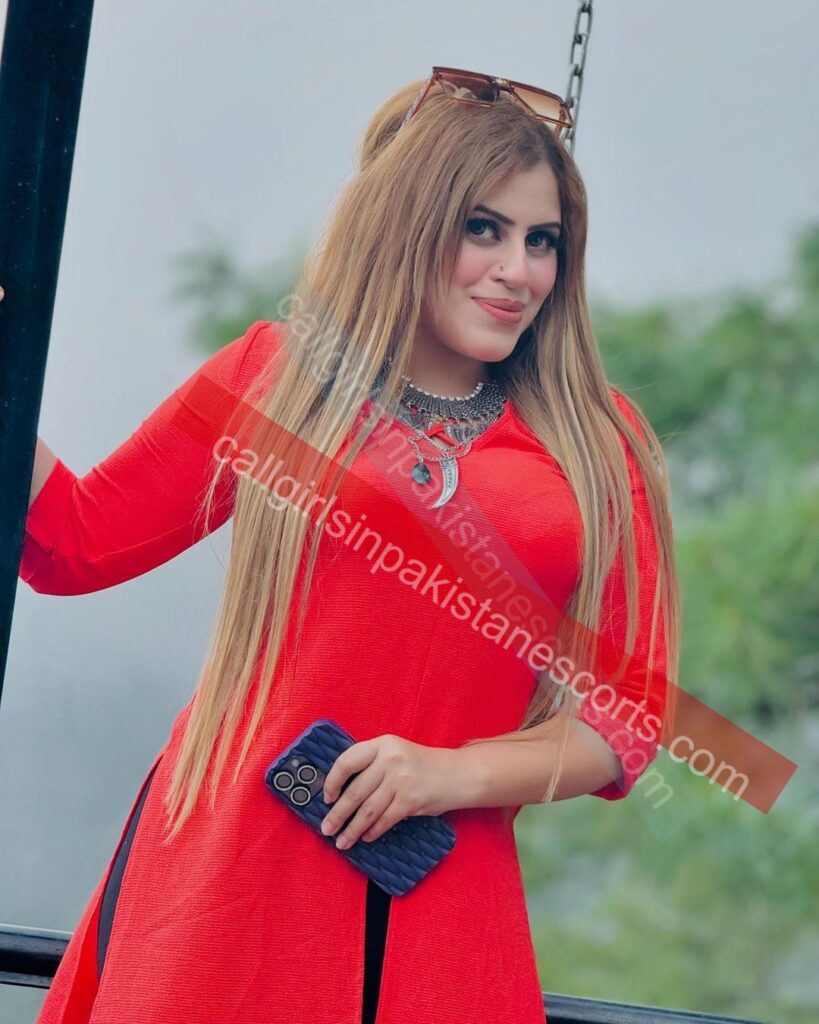Karachi, often considered the cultural and economic hub of Pakistan, is a city rich in history, diversity, and complexity. One aspect of its urban life that frequently garners attention is the issue of escort services, often referred to colloquially as Call Girl In Karachi While the topic is sensitive and often shrouded in stigma and controversy, it reflects broader societal dynamics, including economic disparity, women’s rights, and cultural norms.
One specific location in Karachi that has become a site of interest for this discussion is the Karachi Golf Club. Renowned for its lush greens and affluent clientele, the club serves as a microcosm of Karachi’s social elite. Its exclusivity attracts a diverse clientele, including businessmen, politicians, and expatriates looking for leisure and networking opportunities. Against this backdrop, the presence of escort services becomes a poignant commentary on the intersection of privilege and societal challenges.
The Intersection of Class and Gender
The presence of escort services, including those that may operate within or near elite establishments like the Karachi Golf Club, raises critical questions about class and gender dynamics in society. Many women engaged in this line of work often come from economically disadvantaged backgrounds, seeking financial independence or supporting their families in a society where economic opportunities for women may be limited.
Conversely, the clientele—often affluent men—highlights the societal disparities and the complex power dynamics at play. The interaction between these two groups is reflective of broader societal issues, including gender inequality, economic disparity, and the quest for personal agency amidst socio-economic constraints.
Cultural Perception and Stigma
In Pakistan, discussions surrounding escort services are often met with resistance and stigma. Traditional values and cultural norms dictate much of the public discourse, painting prostitution and escort services in a negative light. This stigma not only affects those involved in the industry but also complicates discussions about women’s empowerment and sexual autonomy.
The Karachi Golf Club, Call Girls Karachi as a reputable institution, represents both privilege and exclusion. The juxtaposition of its refined image against the backdrop of escort services raises questions about the sanctity of social spaces and who is deemed worthy of access. It also invites critique regarding the moral and ethical dimensions of seeking companionship in a society that often vilifies such avenues while turning a blind eye to the socio-economic conditions that drive them.
Legal and Societal Implications
The legal status of escort services in Pakistan is largely ambiguous. While prostitution is illegal, various forms of sexual commerce operate in a gray area, leading to a range of practices that can include harassment, exploitation, and a lack of legal protections for those involved in the industry. The risk of legal repercussions and societal ostracism leaves many vulnerable individuals without support or recourse.
Moreover, the issue of consent becomes a focal point in discussions about escort services. The societal scrutiny of women who choose to engage in escort work challenges the notion of agency and consent, often leading to victim-blaming narratives. Understanding the motivations, circumstances, and choices of these women is vital in dismantling stereotypes and advocating for their rights.
A Broader Dialogue
To address the complexities surrounding escort services in Karachi, particularly in upscale venues like the Karachi Golf Club, a broader dialogue is necessary. This conversation should encompass women’s rights, economic inequality, and the cultural narratives that shape perceptions of sexuality and companionship.
Creating an environment that fosters respect, understanding, and compassion for individuals involved in sex work is crucial. Initiatives that promote awareness and education about the societal factors influencing these choices can contribute to a more nuanced understanding of the issue.






